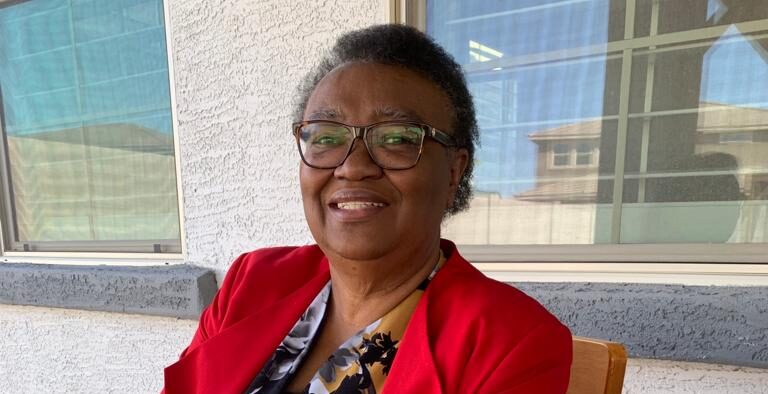“A feminist Utu-Ubuntu (human, solidarity) business economic model”
Female traders, artisans, tailors, and peasants are found at the margins of the national economies. To survive and flourish, they have evolved a business model which I refer to as the Utu-Ubuntu business economic model. The model is hinged on logic, norms, and values of self-reliance, resilience, pooling, sharing, solidarity, and reciprocity. The surplus from the business economic model is geared towards nurturing and caring for offspring, parents, and siblings. It is geared towards meeting household and community needs. The underlying objective of the business is building the human, and community. The interests of building the human and community override those of accumulating profits and building corporations.
The dialogue with Kinyanjui engages with the sub-themes hinted at above. It will begin with a theoretical perspective of centering fireside knowledge and Utu feminism; followed by a discussion on the Utu-Ubuntu business economic model and a description of the way the business model is organized. Finally, Kinyanjui will discuss how the business surplus is deployed.
Mary Njeri Kinyanjui is an independent scholar who has published on women’s movements, the informal economy in Africa, ubuntu business models, and how women experience anthropain in their everyday lives. She taught at the University of Nairobi’s Institute for Development Studies for many years. She earned her doctoral degree in geography from the University of Cambridge in the United Kingdom and her master’s degree from Kenyatta University in Kenya. In 2022, she served as Activist-Scholar in Residence with the Buchanan Initiative for Peace and Nonviolence at Avila University in Kansas City, Missouri. From 2021–2022 she taught in the gender studies department at Mount Holyoke College as visiting lecturer.


Occurrences
-
Tuesday, April 2, 2024, 8:00 a.m.